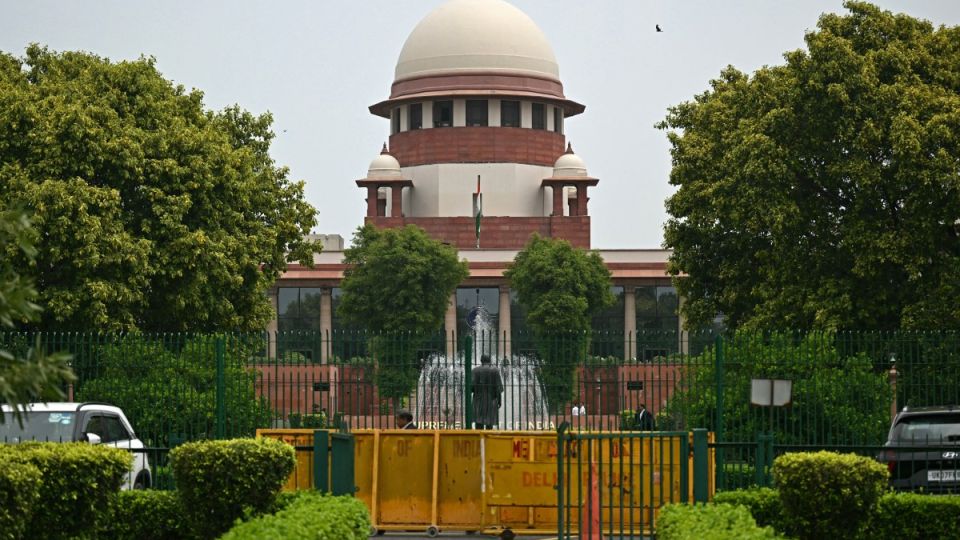November 20, 2025
NEW DELHI – The Supreme Court of India Wednesday urged all women, especially Hindu women who may fall under Section 15(1), to make a will to safeguard their interests and avoid future disputes between their parents and in-laws.
“We appeal to all women and particularly all Hindu women irrespective of their age who are likely to be in position of Section 15(1) of the Hindu Succession Act, 1956 to take immediate steps to make a testament or will bequeathing their properties including their self-acquired properties in accordance with section 30 of the Hindu Succession Act read with the provisions of the Indian Succession Act,” the top court observed.
A bench of Justice BV Nagarathna and Justice R Mahadevan made the above observation while hearing a PIL challenging Section 15 (1)(b) of the Hindu Succession Act, 1956.
The bench refused to adjudicate upon the PIL on merits, but it left the question of validity open, reported legal news website LiveLaw.in.
The bench said that it wants to safeguard the interest of not only women in this country in general but female Hindus in particular to avoid any further litigation.
The petition was lodged under Article 32 by a litigant, who sought the striking down of Section 15(1)(b) on the ground that it violates Articles 14 and 21.
Section 15(1)(b) states that when a female Hindu dies intestate without leaving behind a son, daughter or husband, her property devolves on the heirs of the husband to the exclusion of her parents. If there are no heirs of the husband, the parent of the woman can inherit her estate as per section 15(1)(c) of the Act.
“If a claim is made by the parents or heirs of the parents of a female Hindu dying intestate as stated in section 15(1)(c), (d) and (e) make a claim to the estate of a Hindu female dying intestate and section 15(2) does not apply, then in such a case we direct the parties to go in for mediation in the first instance. We direct that there should be a pre-litigation mediation before filing of any suit other proceeding in a court of law”, the Court held.
Senior advocate for the petitioner in his submission said that while Section 15(2) set separate rules for property a woman inherited from her parents or her husband, the Act did not consider that a female Hindu may also possess self-acquired property.
It was argued that placing the husband’s heirs under Section 15(1)(b) above the parents under Section 15(1)(c) is arbitrary. He urged that clause (b) be struck down or that precedent be given to the parents of the woman under clause (c).
He added that Section 30 of the Act, read with the Indian Succession Act, allows a female Hindu to make a will and freely bequeath her property, including self-acquired property. He argued that Section 15 deals only with general rules of succession after death in the absence of a will, and therefore Article 14 would not strictly apply.
The Court noted that the grievance raised was that the property of a female Hindu dying intestate, without children or husband, devolves only on the husband’s heirs, even where the parents had educated and supported her and may survive her.
The Court held that it did not wish to entertain the petition at the instance of the present petitioner and left the issue of the validity of Section 15(1)(b) open to be considered in appropriate proceedings.


